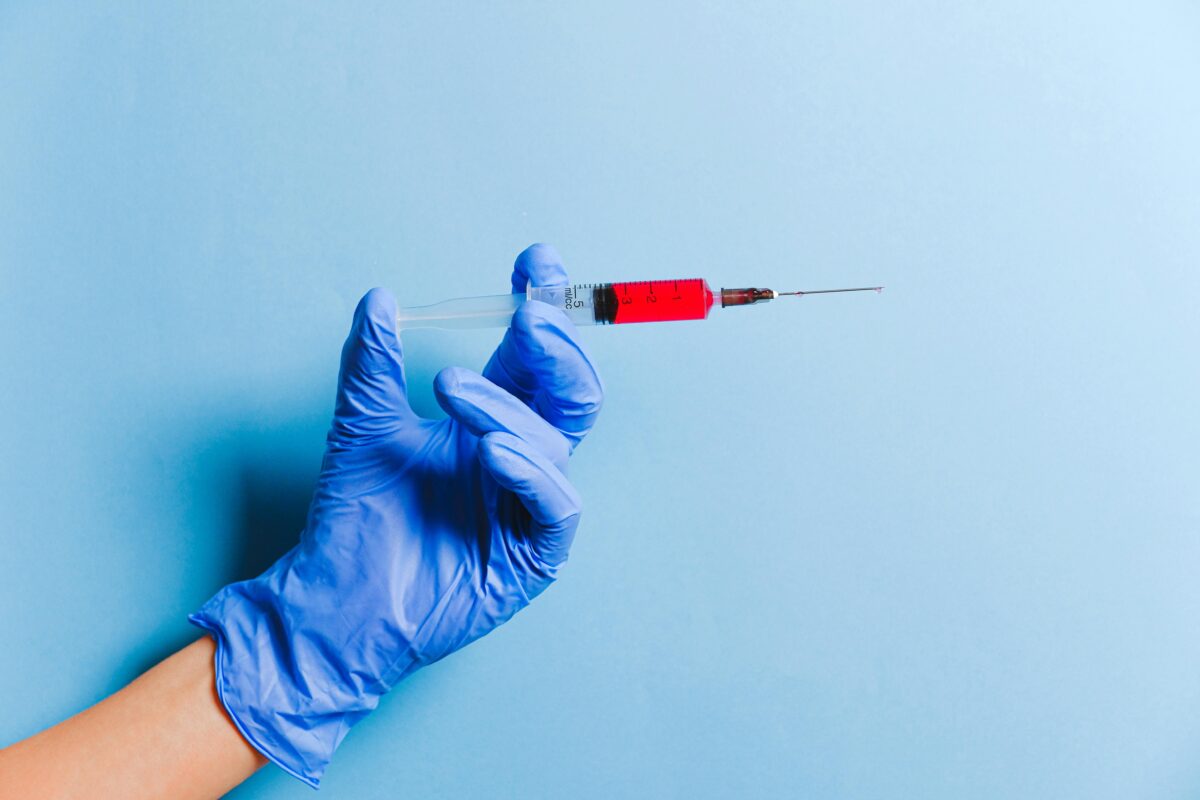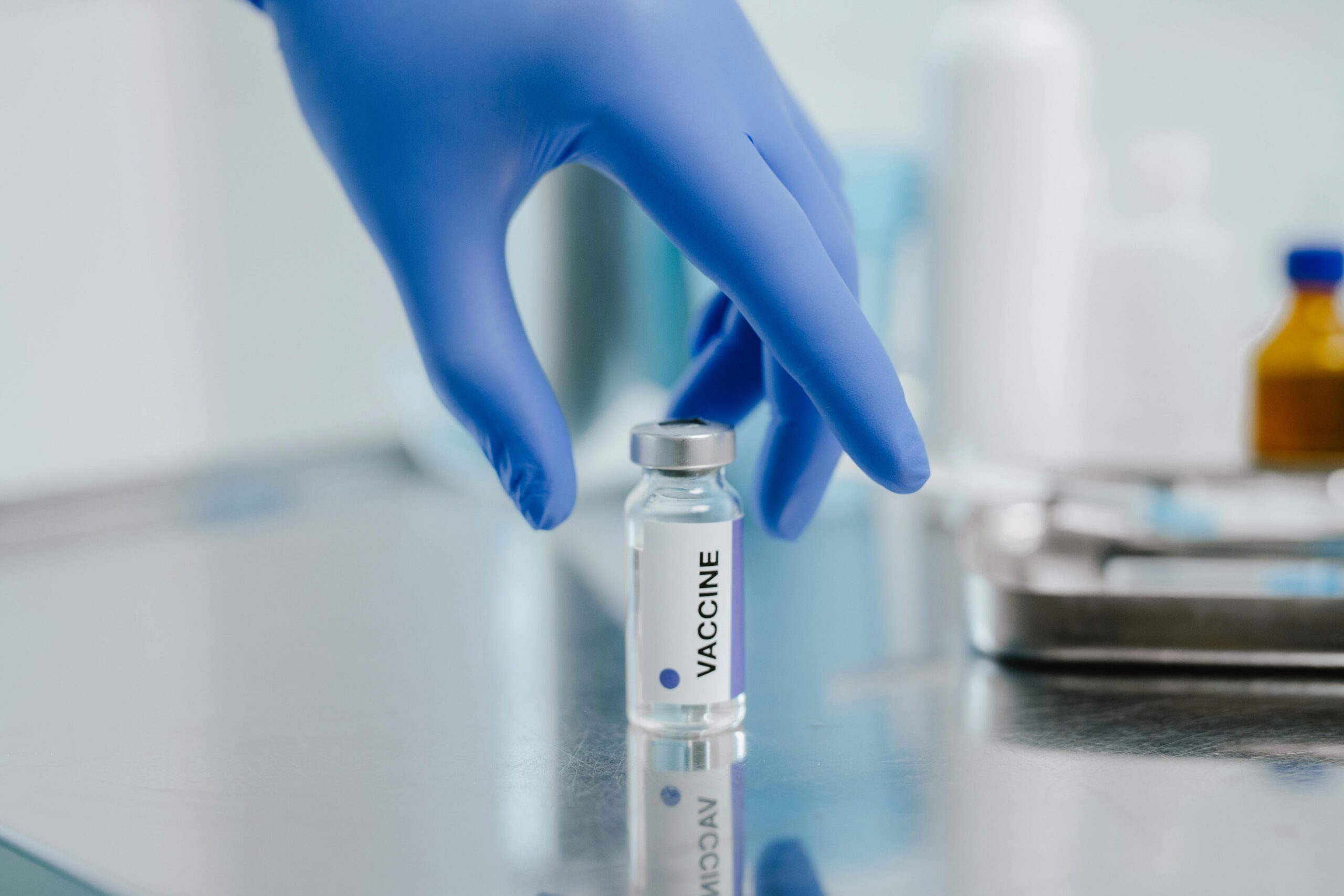For years, doctors and parents have relied on vaccines to protect children from diseases. But what if the very bacteria in a child’s gut could secretly make a crucial vaccine less effective? A new study suggests that this is exactly what’s happening with the rotavirus vaccine, a life-saving oral treatment that prevents severe diarrhea and dehydration in millions of infants. Researchers have discovered that the presence of a specific gut bacterium, Clostridium perfringens, may sabotage the vaccine’s ability to trigger a proper immune response. The findings are a major step toward understanding why this vaccine, which works well in some parts of the world, has a surprisingly low success rate in others.
The Gut’s Role in Vaccine Failure
The research, led by scientists at Georgia State University, was published in the journal Cellular and Molecular Gastroenterology and Hepatology. The team’s work centered on the idea that the gut, home to trillions of microbes, isn’t just a passive bystander when a child takes an oral vaccine. Instead, it’s an active environment that can help or hinder the vaccine’s work.
To test this, the researchers performed a clever series of experiments. They used fecal microbial transplants (FMTs), which is the process of transferring gut bacteria from one individual to another, in mice. The mice were specifically bred to be germ-free, meaning they had no bacteria of their own. The researchers then gave the mice gut bacteria from a group of Mexican infants who had previously received the rotavirus vaccine. Some of these infants had a strong immune response to the vaccine, while others had a weak one.
The results were remarkable. The mice that received the gut bacteria from the infants with a strong vaccine response were protected from the virus. However, the mice that received bacteria from the infants with a weak response also showed a weak response and were unable to fight off the virus. This direct link between the human gut bacteria and the vaccine’s failure was a major breakthrough. It indicated that whatever was in the non-responders’ guts was the cause of the problem.
A Sneaky Culprit Identified
Using advanced genetic sequencing, the researchers pinpointed a single bacterium that seemed to be the primary culprit: Clostridium perfringens. This bacterium, which can live in the gut without causing any obvious harm, was found in the mice that received samples from the vaccine non-responders. Further experiments confirmed that when this bacterium was given to mice, it partially mimicked the vaccine-sabotaging effect. The researchers believe that C. perfringens somehow interferes with the vaccine’s ability to replicate in the gut, a necessary step for building immunity.
The study provides an important answer to a long-standing question in the global health community: why does the rotavirus vaccine work so well in developed countries but often fall short in others? While the researchers are quick to note that C. perfringens is likely just one of many factors, its discovery opens the door to new strategies for boosting vaccine efficacy. As lead researcher Andrew Gewirtz said, “Our findings reflect that C. perfringens may be one of a panel of microbes, including bacteria and viruses, that can impact infection of and, consequently, immune responses elicited by rotavirus vaccine viruses.”
A Look to the Future
The findings of this study have significant implications for public health. They suggest that to make vaccines more effective, we may need to consider not only the vaccine itself but also the internal environment of the person receiving it. The composition of our gut bacteria, our microbiome, could be the key to unlocking the full potential of oral vaccines. This could lead to a future where doctors test a child’s gut bacteria before administering a vaccine or use probiotics to create a more hospitable environment for the vaccine to work. This new research gives us a powerful reminder that our bodies are a complex ecosystem, and a deeper understanding of that ecosystem is crucial for protecting our health.
Paper Summary
Methodology
The study investigated the influence of gut microbiota on rotavirus vaccine efficacy. Researchers used fecal microbial transplants (FMTs) from Mexican infants to germ-free mice. Some of the infants had a strong immune response to the vaccine, while others had a weak response. After transferring the bacteria, the mice were vaccinated and then exposed to rotavirus to see if they were protected. The researchers also re-analyzed published data from a group of 168 children in India.
Results
The gut microbiota from infants who had a poor vaccine response caused a similar poor response in the mice. Genetic sequencing pointed to the bacterium Clostridium perfringens as a key contributing factor to this vaccine failure. The re-analysis of data from the children in India also found a link between the abundance of C. perfringens and a reduced success rate for the vaccine.
Limitations
The authors note that the association between C. perfringens and vaccine failure in the human data was “modest” and that the bacterium is likely “one, perhaps of many” contributing species. The primary experiments were also conducted on mice, which may not perfectly reflect human biology.
Funding and Disclosures
The research was supported by a grant from the National Institutes of Health (NIH). The authors of the study reported no conflicts of interest.
Publication Information
The paper is titled “Select Gut Microbiota Impede Rotavirus Vaccine Efficacy.” It was published in the journal Cellular and Molecular Gastroenterology and Hepatology in 2024. The authors are Vu L. Ngo, Yanling Wang, Yadong Wang, Zhenda Shi, Robert Britton, Jun Zou, Sasirekha Ramani, Baoming Jiang, and Andrew T. Gewirtz. The DOI for the article is 10.1016/j.jcmgh.2024.101393.










